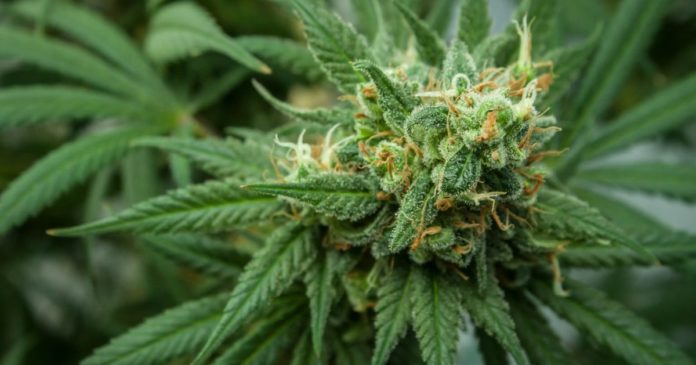More evidence is emerging on the impact of legalizing recreational marijuana on existing state medical cannabis programs.
Based on publicly available state registry data from 2020 to 2022, researchers from University of Michigan and the Centers for Disease Control and Prevention (CDC) sought to describe current trends in medical cannabis licensure in the United States.
They found enrolled patient numbers jumped 33.3% from 2020 (3,099,096) to 2022 (4,132,098). The 2022 figure works out to around 1.2% of the entire US population in 2022. While there was a big boost in patient numbers overall, 13 of 15 jurisdictions with adult-use laws examined saw decreased enrolment from 2020 to 2022.
An example of this phenomenon is in Washington State, where adult-use retail sales started in July 2014. In 2017, the number of recognition cards created for its medical cannabis program reached 20,623. The number of card creations has dropped each year since, reaching just 9,368 last year according to Washington State Department of Health figures.
Looking to lift and maintain registrations, Washington State Governor Jay Inslee has signed into law an exemption that will see an existing cannabis excise tax equal to 37 percent on retail products waived for registered patients until June 30, 2029. Registered patients are already exempt from general state and local sales and use taxes.
In New Jersey, the state’s Cannabis Regulatory Commission (NJ-CRC) late last year approved slashing registration and renewal fees for patients and their caregivers after the total number of registered patients plummeted from a high of 129,369 in May 2022 to just 93,924 in November 2023 – which was only a month after licensed recreational marijuana sales began in the state.
Other findings from the study include chronic pain being the most common patient-reported qualifying condition in 2022 (48.4%), followed by anxiety (14.2%) and PTSD (13.0%). That year, the USA had 29,500 authorizing clinicians, which works out to 7.7 per 1000 patients. 53.5% of authorizing clinicians were physicians.
The study has been published in the journal Annals of Internal Medicine. The primary funding source for the study was the National Institute on Drug Abuse of the National Institutes of Health.
Currently in the USA, medical cannabis has been legalized in 40 states and the District of Columbia, and recreational cannabis legalized in 24 states and DC.


